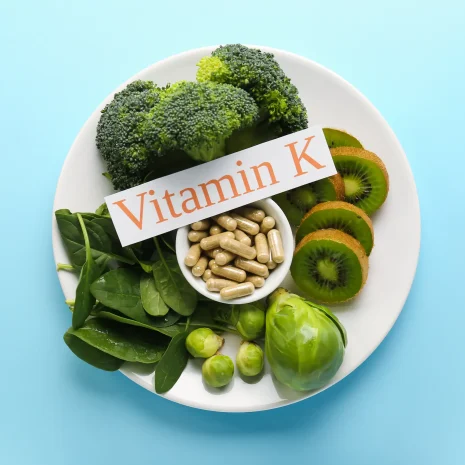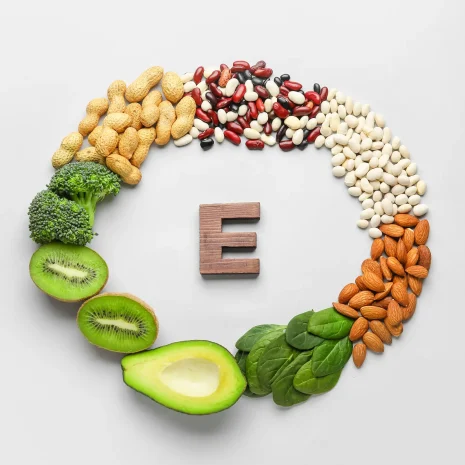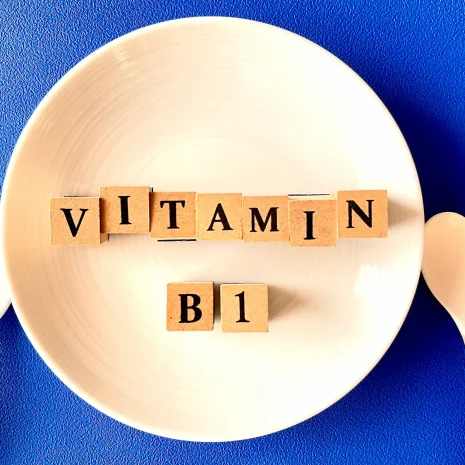Vitamin and Mineral Needs During Pregnancy: Essential Nutrients for Mother and Baby
During pregnancy, meeting your vitamin and mineral requirements is essential for both your health and your baby’s development. A well-balanced nutritional plan can help achieve this, but dietary supplements may also be necessary under medical supervision. Multivitamins can provide vital nutrients, including vitamin D and folic acid, that support various bodily functions during this crucial time.
Is it safe to take vitamins while pregnant?
Pregnancy increases the body’s nutritional demands, making it important to ensure adequate intake of certain vitamins and minerals. While many pregnant individuals can meet their micronutrient needs through a healthy diet, health authorities in the UK, including the National Health Service (NHS), often recommend the use of multivitamins.
Adequate vitamin and mineral intake is crucial, as deficiencies during the early stages of pregnancy can lead to severe and lasting impacts on foetal health. Key nutrients like folic acid, iron, zinc, copper, and vitamins B12, C and D should be included to reduce such risks.
Which vitamins are good for conceiving?
For those planning a pregnancy, taking women-specific multivitamins can be beneficial. It’s important to start this regimen before conception. Experts typically recommend the following key nutrients:
- Folic Acid: Essential for the healthy development of the baby’s brain and spinal cord, folic acid significantly reduces the risk of congenital defects such as spina bifida and anencephaly.
- Calcium: As your baby grows, they will draw calcium from your bones if your dietary intake is insufficient, resulting in potential bone density loss. Ensuring adequate calcium intake supports both your skeletal health and your baby’s development.
- Iron: Iron is necessary for transporting oxygen in the blood to your baby. Low iron levels can increase the risk of premature delivery and low birth weight.
Additionally, experts recommend vitamin D during pregnancy—this nutrient is synthesised by the body with sunlight exposure and is vital for bone and muscle health. Found in foods like oily fish (such as salmon and mackerel), eggs and red meat, vitamin D can be included in multivitamins at a recommended daily dose of 10 mcg, always following a healthcare provider’s guidance.
Multivitamins can be beneficial both before and during pregnancy. Experts advise starting to take multivitamins early if you’re planning to conceive. Certain dietary supplements may facilitate this process, including vitamin D, which some studies suggest may enhance fertility. Maintaining adequate folic acid levels is also important, as it plays a crucial role in both conception and implantation. Minerals such as zinc, along with vitamins B6 and B12, can support overall fertility.
Is fish oil good for women’s health?
Omega-3 fatty acids are important nutrients that may provide benefits before conception. While they are known to help reduce the risk of premature births and low birth weight, current evidence does not firmly establish that omega-3s directly facilitate conception. Nonetheless, including omega-3s in your diet is beneficial for overall health during pregnancy.
Does folic acid help you get pregnant?
Folic acid, or folate, is one of the most frequently discussed nutrients for pregnant individuals. Experts recommend starting folic acid supplementation at least a month before conception and continuing until the 12th week of pregnancy. Research has indicated that women who take folate supplements are more likely to conceive compared to those who do not.
Is vitamin C good for pregnant women?
Vitamin C plays a vital role in collagen formation and acts as an antioxidant, ensuring proper absorption of folic acid and iron. During pregnancy, serum levels of vitamin C can decrease significantly by the 40th week. Short-term antioxidant support, which includes vitamins A, beta-carotene and C, may help protect both mothers and babies at risk of early delivery from oxidative stress. It’s important that the intake of vitamin C during pregnancy follows the amounts recommended by healthcare providers.
Prioritising Nutrition for a Healthy Pregnancy
In summary, obtaining the necessary vitamins and minerals during pregnancy is essential for the health of both mother and child. A combination of a balanced diet and appropriate supplementation can help address these needs.
While multivitamins can offer valuable support for overall health, it is essential to recognize that a balanced diet should remain the cornerstone of nutritional well-being. Multivitamins are intended to be a complementary measure and should not be considered a substitute for a diverse and nutritious food intake.
Note: It is strongly advised that individuals consult a healthcare professional prior to initiating any supplement, particularly if they have existing health conditions, are taking prescribed medications, or are pregnant.








